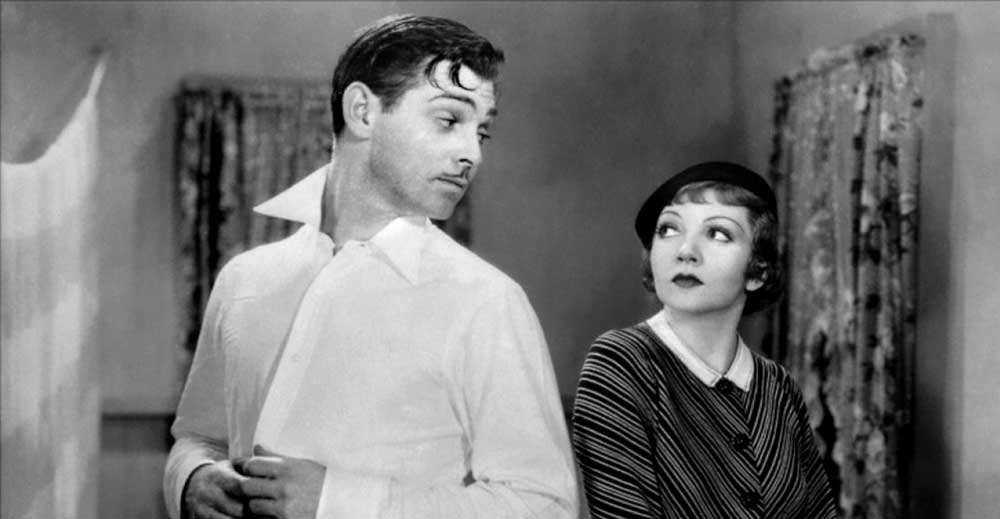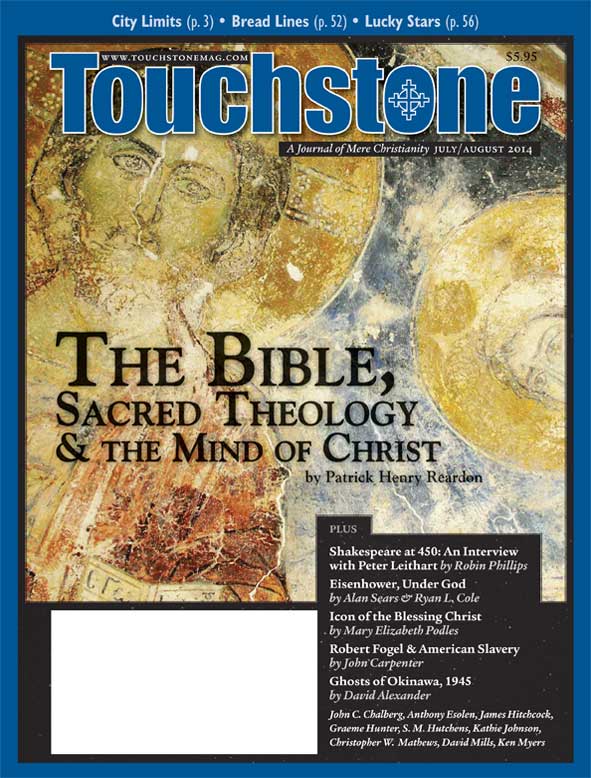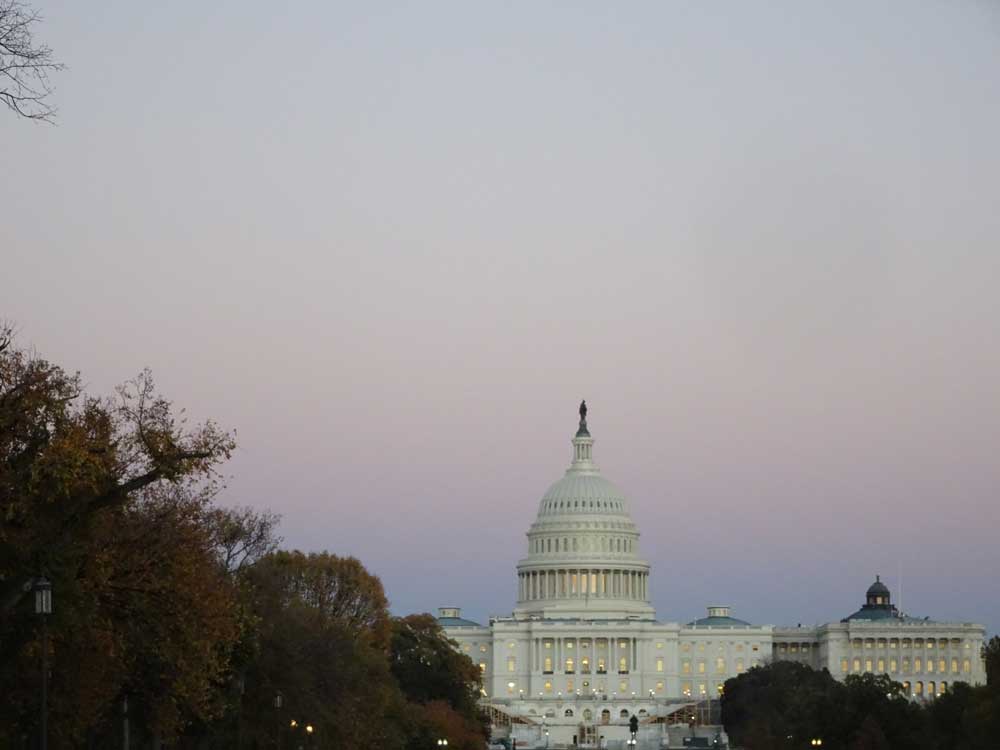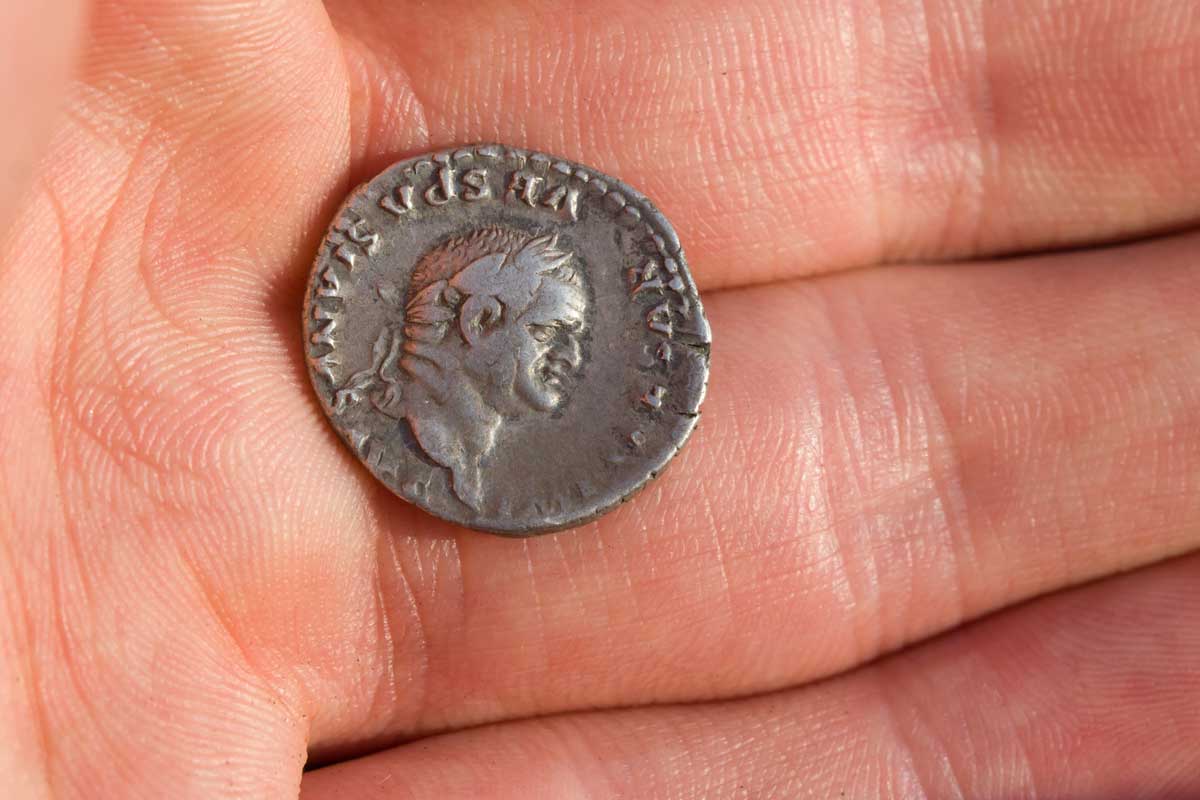Editorial
The City Limits
What Can Be Expected from Political Princes?
by Patrick Henry Reardon
During the years of his wilderness exile, as he was pursed by Saul, David once faced a particularly tough but unavoidable decision. It happened in the walled city of Keilah, which he had just rescued from a Philistine siege. Needless to say, the citizens of Keilah were grateful for David's military intervention, without which the city would certainly have been taken.
As it happened, however, Saul learned of David's presence in Keilah and recognized a unique opportunity to capture him within its walls. He thought to himself, "God has delivered him into my hand, for he has shut himself in by entering a town that has gates and bars." David, informed of Saul's plans to capture him in the city, was now faced with a decision. He needed to know: would the citizens of Keilah show themselves worthy of the deliverance that David had just given them, or would they betray him to Saul?
Fortunately, he was not obliged to guess, because Abiathar the priest had joined David's band not long before, and he now had access to an oracular instrument known as the "ephod." The question posed to the Lord by David was straightforward: "Will the men of Keilah deliver me and my men into the hand of Saul?" The answer: "You betcha!" The Lord knew what the citizens of Keilah were made of, so he would have David skip town right away.

Duties of the Political Order
Readers of 1 Samuel 23 may feel disappointment with the citizens of Keilah, I suppose, who showed so little gratitude toward their recent deliverer. It may seem to us that an elementary sense of decency and honor would have prompted the city of Keilah to take a stand against Saul.
Before we wax too indignant on the point, nonetheless, it might be good to consider how the situation looked to the citizens of Keilah. They knew that only recently Saul had annihilated the priestly city of Nob for having shown a bit of hospitality to David. Saul's response to Keilah would certainly be the same. Now, the duty of the political leaders of Keilah was to do whatever was necessary to ensure the city's survival. Anything else would have been a dereliction of their basic responsibility. They had not much wiggle-room for honor and gratitude.
This little story suggests reflection on a simple fact: the city of Keilah, like any city, was a political entity. Because they are political entities, probably every city in the world would have made the same decision as Keilah.
Political entities are governed by political presuppositions, and the knowledge of history does not encourage us to expect of them the same standards of loyalty and gratitude we expect of individuals. We properly expect political entities to act politically. A Christian believer, for instance, is expected to turn the other cheek when slapped, whereas a nation that turns the other cheek will soon disappear.
Keilah survived, as political entities are designed to do. They are not designed for heroism and high virtue, and David was sufficiently wise to understand that. Consequently, he did not resent his treatment there, nor do we hear of revenge against Keilah when David did, at last, come to power. He understood the political order enough not to anticipate from it what the political order was not able to give.
Realistic Expectations
Patrick Henry Reardon is pastor emeritus of All Saints Antiochian Orthodox Church in Chicago, Illinois, and the author of numerous books, including, most recently, Out of Step with God: Orthodox Christian Reflections on the Book of Numbers (Ancient Faith Publishing, 2019).
subscription options
Order
Print/Online Subscription

Get six issues (one year) of Touchstone PLUS full online access including pdf downloads for only $39.95. That's only $3.34 per month!
Order
Online Only
Subscription

Get a one-year full-access subscription to the Touchstone online archives for only $19.95. That's only $1.66 per month!
bulk subscriptions
Order Touchstone subscriptions in bulk and save $10 per sub! Each subscription includes 6 issues of Touchstone plus full online access to touchstonemag.com—including archives, videos, and pdf downloads of recent issues for only $29.95 each! Great for churches or study groups.
Transactions will be processed on a secure server.
more on politics from the online archives
more from the online archives

27.6—Nov/Dec 2014
Tales of Forbidden Stereotypes
Real-Life Men & Women & the Tragic Loss of Human Comedy by Anthony Esolen
calling all readers
Please Donate
"There are magazines worth reading but few worth saving . . . Touchstone is just such a magazine."
—Alice von Hildebrand
"Here we do not concede one square millimeter of territory to falsehood, folly, contemporary sentimentality, or fashion. We speak the truth, and let God be our judge. . . . Touchstone is the one committedly Christian conservative journal."
—Anthony Esolen, Touchstone senior editor












